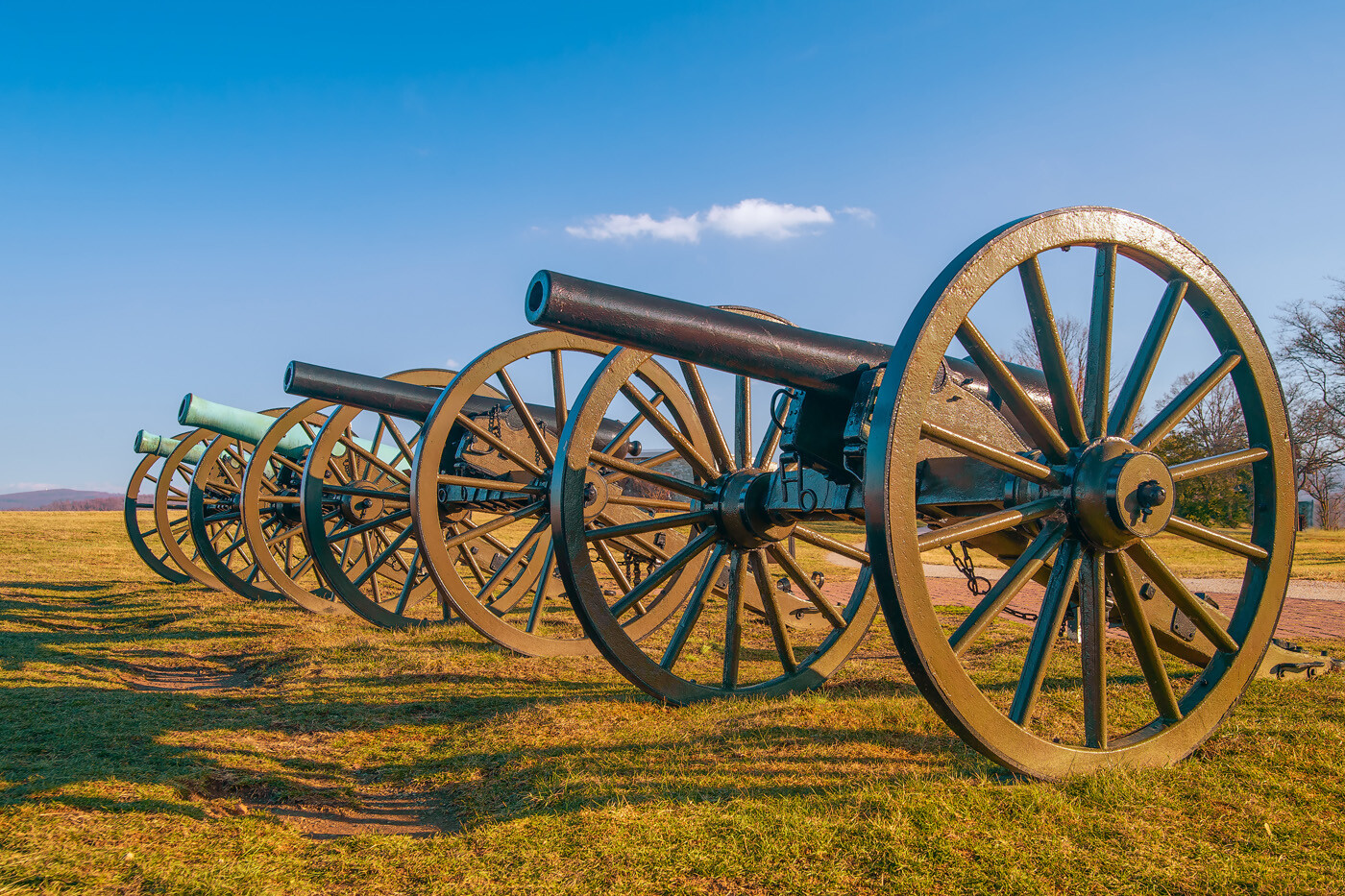
Berkeley City College's History Program offers a comprehensive exploration of historical events, cultures, and ideas from a global perspective. The program emphasizes critical thinking, research skills, and an understanding of historical contexts, helping students connect the past with contemporary issues.
About
History is the study of the human past. It is commonly acknowledged that an understanding of the past is fundamental to an understanding of the present. The analysis and interpretation of history provide an essential context for evaluating contemporary institutions, politics, and cultures. Likewise, historical education and the craft of the historian emphasize that the past must be understood on its own terms; any historical phenomenon—an event, an idea, a law, or a dogma for example—must first be understood in its context, as part of a web of interrelated institutions, values, and beliefs that define a particular culture and era. History combines the excitement of exploration and discovery with the sense of reward born of successfully confronting and making sense of complex and challenging events and outcomes
Program Learning Outcomes (PLOs)
Upon successful completion of this program, students will be able to:
- Demonstrate knowledge of the historical process within particular fields of history and effectively link historical cause and effect.
- Apply historical methodology and critical thinking in order to analyze primary and secondary sources and historical arguments.
- Interpret the diverse historical forces which have shaped the past and inform the content of the present.
What can I do with a degree in History?
The benefits of historical study at Berkeley City College are manifold. History students develop increased analytical aptitude, and composition skills, and learn research methods used by historians; these skills have numerous job applications in fields such as education, law, politics/government, museum curatorship, and/or non-profit administration. History students also acquire some usable habits of mind while becoming more fully aware of the involved forces that affect the composition of their communities and the content of their own lives. Through engagement in historical studies, students garner relevant skills and an enhanced capacity for informed citizenship, critical thinking, and social awareness.
Recommended Course Sequence
Students can use the following pattern to complete an Associate in Arts in History for Transfer degree. This is only one possible pattern. If they wish to earn an associate degree, they must participate in the Student Success Program (Matriculation), which includes assessing academic skills and developing a Student Education Plan (SEP) with a Counselor. This plan will map their sequence of courses to help them complete their degree regardless of the semester they begin classes. Course Units 1st Semester/Fall HIST 7A History of the United States to 1877 3 One course from List A 3 General Education and Electives 9 Total 15 2nd Semester/Spring HIST 7B History of the United States Since 1865 3 One course from List A 3 General Education and Electives 9 Total 15 3rd Semester/Fall One course from List B 3–5 General Education and Electives 10–12 Total 15 4th Semester/Spring One course from List C 3 General Education and Electives 12 Total 15 Required Courses Units HIST 7A History of the United States to 1877 3 HIST 7B History of the United States Since 1865 3 List A—Select 6 units from the following: HIST 2A History of European Civilization 3 AND HIST 2B History of European Civilization 3 OR HIST 3A World History to 1500 3 AND HIST 3B Modern World History: 1500– Present 3 List B—Select 3 units from the following: HIST 1 American Indian History and Culture 3 HIST 8B History of Latin-American Civilization 3 HIST 21 U.S. Women: A Social History 3 HIST 31 Contemporary Middle East: Politics of Nationalism 3 List C—Select 3 units from the following: ART 1 Introduction to Art History 3 ETHST 1 Introduction to Ethnic Studies3 HIST 19 History of California 3 WS 1 Introduction to Women’s Studies 3 Major Requirements 18 General Education (IGETC or CSU GE) and Electives 42 Total Units 60

Ready to Apply?
Click the button below to begin your Berkeley City College application and earn your History degree today!